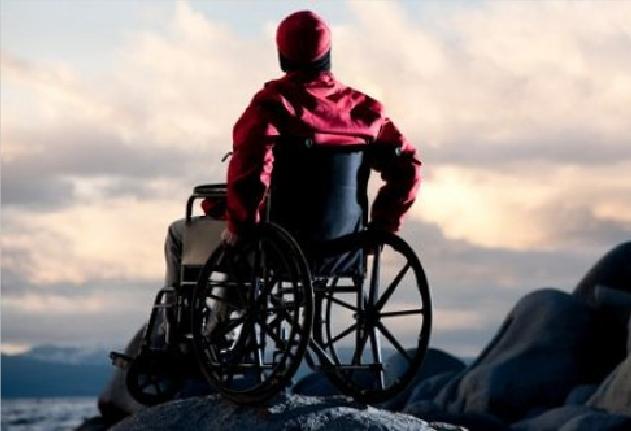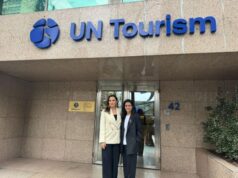From the initiative of the ONCE Foundation, the Spanish Association for Standardization (UNE) and the World Tourism Organization (UNWTO), the first working meeting for the development of an International Standard on Accessible Tourism for All was held in Madrid on 13-14 February.
The Technical Committee TC 228, responsible for tourism and related services within the International Organization for Standardization (ISO), will develop a global and transversal international standard that will include, initially, a systematic inventory of existing standards, technical criteria, recommendations and requirements in the field of accessible tourism. In addition, recommendations and requirements will be suggested for those segments of the value chain and related activities whose international standardization in terms of accessibility is still pending.
The future standards will be called “ISO 21902 Tourism and related services—Tourism for all—Requirements and recommendations”. In terms of scope, the new standard will set clear guidelines for tourism planning and destination management.
According to Jesús Hernández, Director of Universal Accessibility and Innovation of the ONCE Foundation, the new standard will be “a lever to promote Design for All in such an important economic sector as tourism at the world level. In many cases persons with disabilities cannot exercise their rights to leisure and the enjoyment of culture and tourism. This is discrimination. In addition, from an economic point of view, tourism activity that is designed for all people represents a source of wealth creation”.
For his part, Márcio Favilla, UNWTO Executive Director, emphasized that universal accessibility is a right and a business opportunity for destinations and companies: “Accessible tourism is the answer to everyone’s universal right to travel and discover the world. At the same time, it is an opportunity for the tourism industry to capture a global marketplace that includes millions of people with disabilities, seniors, families with young children and many others who encounter numerous barriers, both physical and cultural, when travelling.”
Javier García, Director of Standardization of the Spanish Association for Standardization (UNE), stated that “technical standards are documents available to all, which contain the consensus of all parties related to globally-accepted good practices, helping organizations to establish their criteria for action. Currently, the Spanish catalogue contains 75 standards and draft standards that establish the accessibility requirements in many areas, benefiting persons with disabilities and their families, as well as society in general”. UNE is the entity responsible for the development of technical standards in Spain and is the national representative at international and European standardization bodies.
To date, the working group established under ISO TC228 has representatives from Panama, Austria, the United Kingdom, Cyprus, Luxembourg, Portugal, Argentina, Malta, Canada, Ireland and Spain, as well as representatives of associations such as ENAT (European Network of Accessible Tourism), HOTREC (European Association of Hotels, Restaurants and Cafés), ECTAA (European Association of Tour Operators and Travel Agents), SBS (Small Business Standards, the European association representing SMEs in standardization), and ANEC (the European consumer association for standardization)
The new standard, which is expected to be approved in 2018 after reaching consensus at the ISO level and promulgated during 2019, will be applied to the different stakeholders of the tourism sector, both public and private and at different levels.












